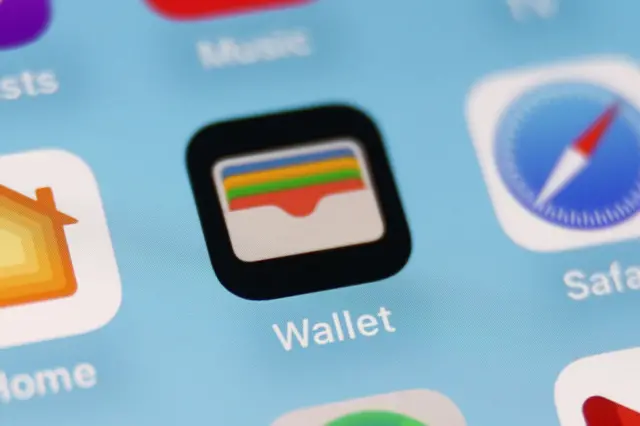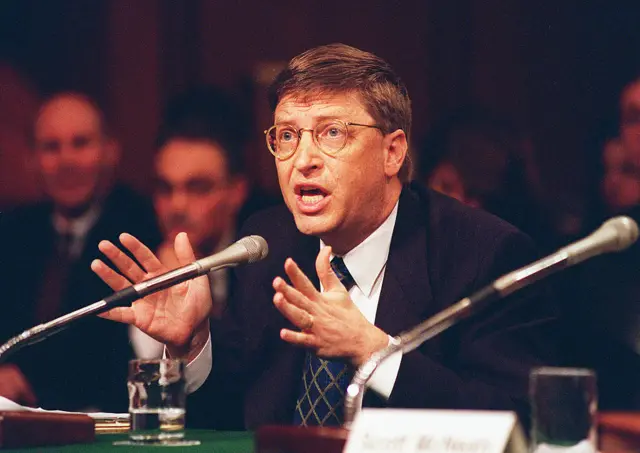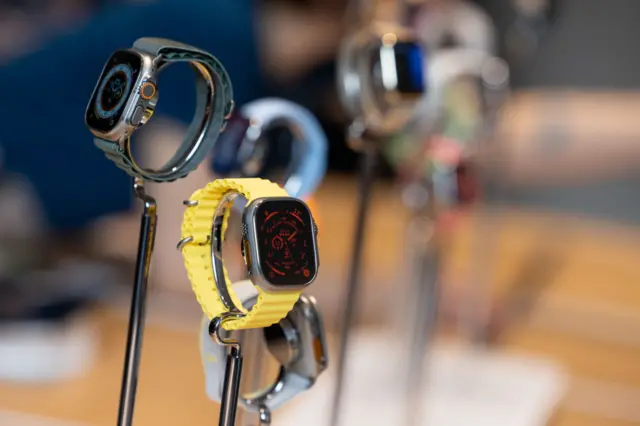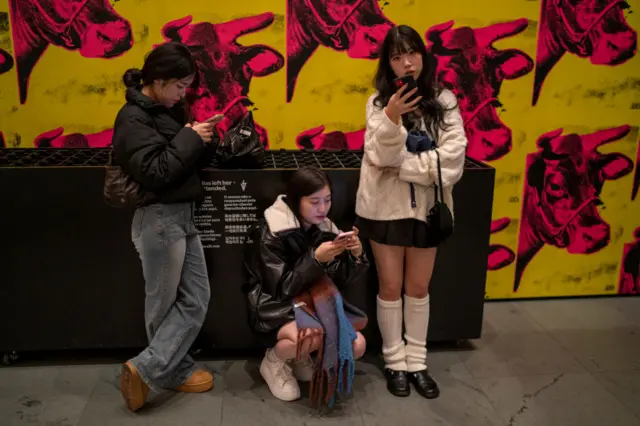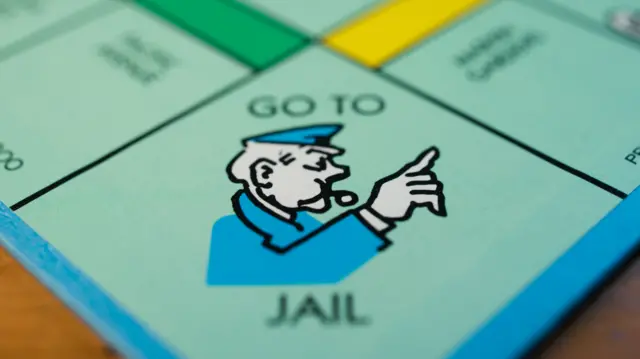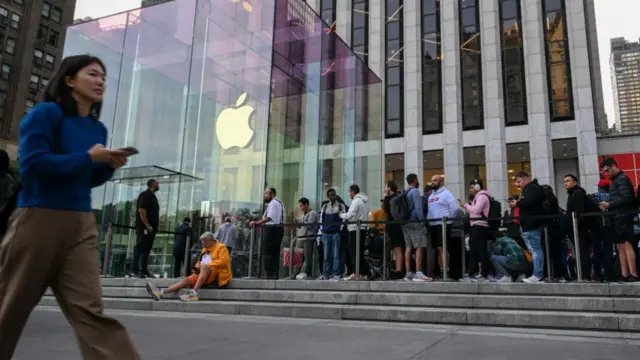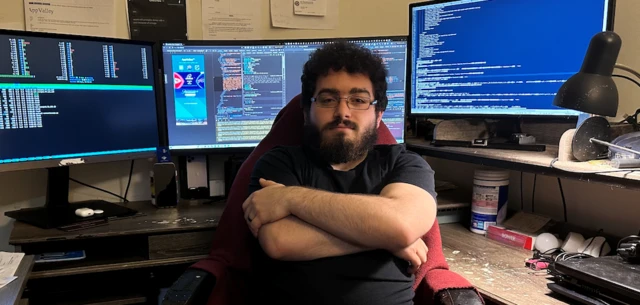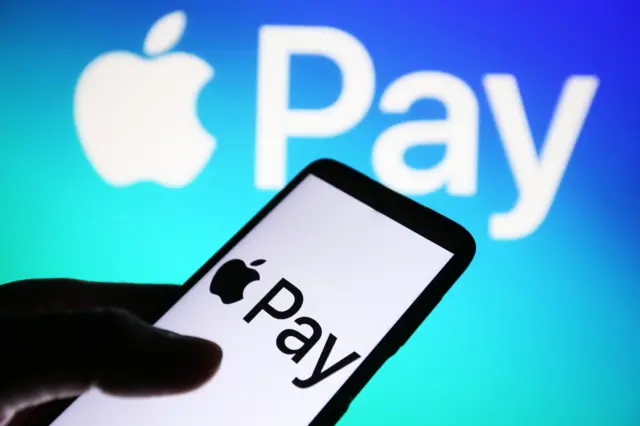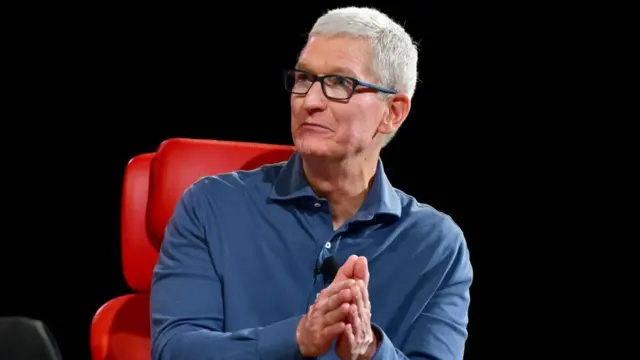Green bubbles, Apple Pay and smartwatch named in lawsuitpublished at 19:11 GMT 21 March 2024
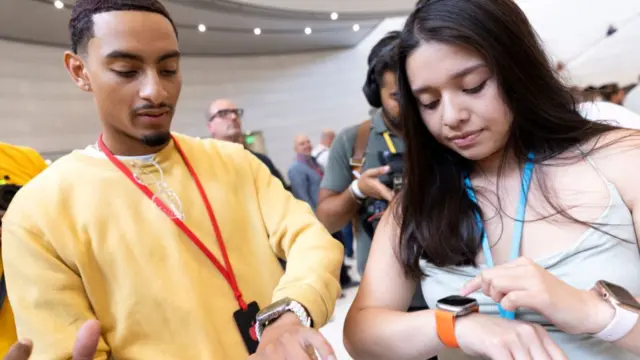 Image source, Getty Images
Image source, Getty ImagesWe're wrapping up our live coverage, but before we go, here are today's main headlines on the DOJ's landmark case against Apple.
More than a billion people around the world own an iPhone. For many, the appeal is linked to how easily the smartphone integrates with features like iMessage, Apple Pay and the Apple Watch. In a lawsuit, the justice department called out aspects of Apple's business practices, saying it maintains its dominance in the industry by "locking its customers in" and "locking its competitors out".
Here's what the DOJ said:
- Green Bubbles: If you use Android, text messages show up on iPhones with a green bubble instead of blue. The lawsuit claims Apple makes Android messages appear lower in quality and limits functions, leading users to believe the competition is worse
- Apple makes billions of dollars in fees by charging credit card companies and banks every time Apple Pay is used to process a purchase. The DOJ says Apple has prevented developers from accessing the hardware needed to use the tap-to-pay process - compelling banks to use the Apple system
- To use an Apple Watch, you need to have an iPhone as they won't connect with Android phones. Given this, the DOJ said Apple uses smartwatches, a costly accessory, to stop its customers from choosing other phones
Reacting to the lawsuit, an Apple spokesperson said: "If successful, [it] would hinder our ability to create the kind of technology people expect from Apple".
The spokesperson added that Apple believes the lawsuit will fail, and it will be asking the court to dismiss the case.
It is the third time the company has been sued by the justice department since 2009, but the first under the Biden administration.
Attorney General Merrick Garland accused Apple of maintaining its dominance of the smartphone market by "locking its customers in" and "locking its competitors out".
You can read more about the case here.
This page was edited by Brandon Livesay, Tiffany Wertheimer and Andrew Humphrey. The writers were Natalie Sherman, Tom Gerken, Bernd Debusmann, Malu Cursino, Alex Smith and Ece Goksedef.
